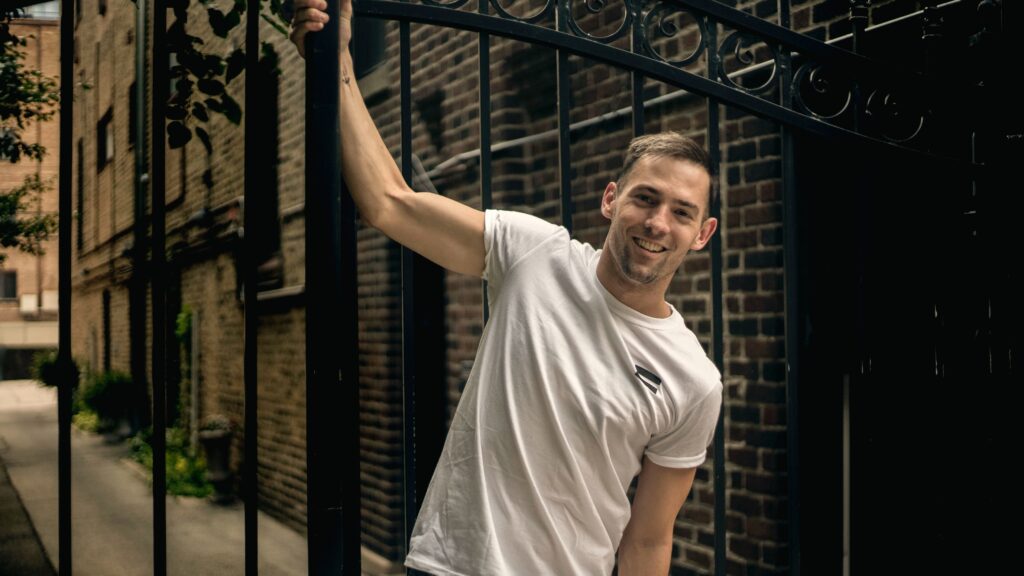There are certainly no rules against dating after rehab, but it’s generally best for recovering addicts to maintain themselves and their health as top priorities all throughout the first year that follows treatment. Both substance use disorder (SUD) and alcohol use disorder (AUD) are recognized as chronic, lifelong conditions. Although both issues can be successfully treated and managed, recovery remains an ongoing effort.
For most substances, it can take up to one full year for the brain’s chemistry to balance out and for normal brain functioning to resume. Feelings of loneliness, boredom, and depression are incredibly common during the first year of recovery. Throughout this time, many recovering addicts deal with these and other post-acute withdrawal symptoms (PAWS). They can also struggle with mood swings, sleep troubles, and frequent bouts of anxiety.
Adding the challenges of a relationship to this mix can make staying sober throughout the duration of PAWS especially hard. Romance and companionship are invariably better when people are stable and sure in their sobriety, and after they’ve successfully hurdled all of the early and most challenging stages of the recovery process.
Your First Year of Recovery Is a Time to Learn About You
Going to rehab provides new insights into what addiction really is. Although you may have once blamed yourself for being unable to stop using drugs or alcohol, or for being unsuccessful in limiting your substance use, addiction has far less to do with willpower and more to do with your overall health. Many people who abuse drugs and alcohol suffer from co-occurring disorders. They may live with severe depression or intense anxiety, or they may have untreated bipolar disorder or schizophrenia.
For others, the underlying causes of addiction include feelings of low self-worth, unresolved guilt or grief, an intense need to fit in, or past trauma. Dealing with all of these things can be emotionally draining, but it also sets the stage for the successful, long-term management of addiction. Even if you’ve already spent a considerable amount of time in rehab, you should still spend the next 10 months or more focusing on yourself.
This includes learning how to listen to yourself and meet your own needs, defining what you want from life, and deciding who you want to be now that you’re sober. Your first year of recovery should be a time of self-exploration and growth. It’s also the best opportunity to start using and strengthening the skills that you developed in addiction treatment. While romantic relationships can certainly be comforting, they can also be distracting.
This is all the more true when people enter into relationships post-rehab with partners who aren’t yet sober themselves. Another important thing to remember is that success in recovery is largely about maintaining the right life habits. Rehab gives you the opportunity to establish and practice good habits, but it takes time for new behaviors to become the norm. In fact, some experts estimate that it can take between 60 and 180 days for healthy habits to become routine.
Even Healthy, Happy Relationships Can Create Stress During Early Recovery
Relationships are never forged with the intention of causing one another stress. However, they do come with expectations and they often take work to maintain. Starting a new relationship immediately after rehab could mean making someone else your top priority rather than your own health. The risk of relapse is at its higher during the first year that follows treatment and thus, this is the time to really buckle in and focus on yourself.
Taking More Time to Stabilize Your Life Can Be Better for Everyone
Delaying dating for a year or more while you focus on your recovery can benefit everyone. For most people, after a full year has passed, PAWS abates. This means no sleep troubles, mood swings, crippling anxiety, or severe depression will get in your way of bonding with someone else. The healthy habits that you learned in rehab will have already become your regular routine, and you’ll be better able to protect your mental and emotional well-being even as you engage with others. Giving yourself time to fully heal from the ravages of addiction, and taking time to make sure that you’re secure in your recovery will be beneficial for both you and your significant other. If you have yet to get on the path to recovery or if you need help finding the right post-treatment support, we’ve got you covered. Call us today at 866-963-7200.













